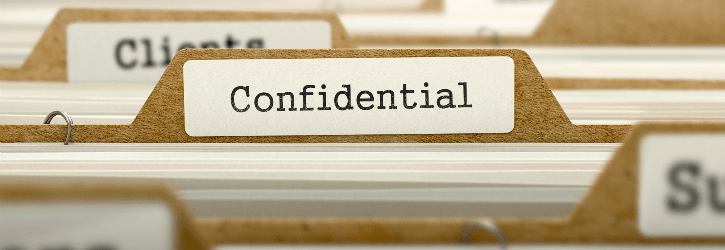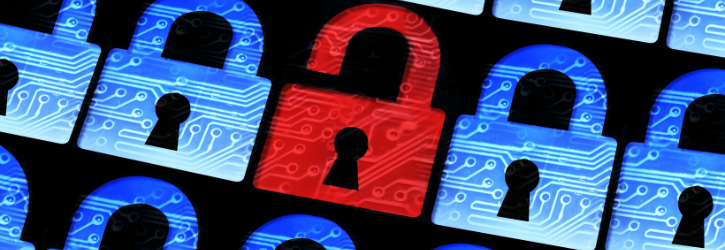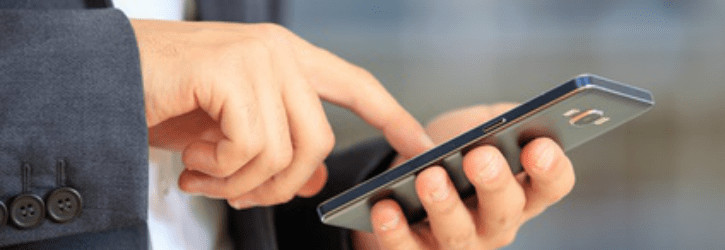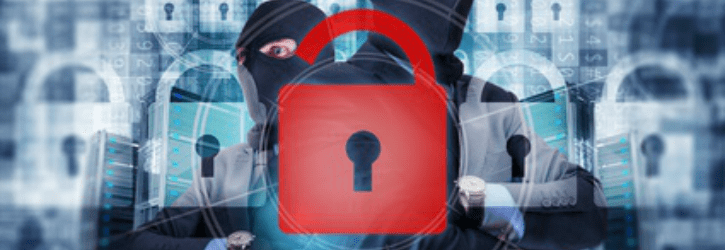
Welcome To The Data Leak Lawyers Blog
We focus on the latest news surrounding data breaches, leaks and hacks plus daily internet security articles.

We focus on the latest news surrounding data breaches, leaks and hacks plus daily internet security articles.

If you’ve yet to speak to the team for legal advice about the recent Charing Cross gender clinic data breach, we’re here and ready to assist you.
We were contacted for help after some 2,000 people were the subject of an email leak that revealed their personal information. Two emails relating to an art competition were sent to around 900 people in each batch using the “CC” function. This should never have been allowed to happen.
This isn’t the first breach of its kind, with our firm prominent in representing people affected by the similar 56 Dean Street Clinic leak. We’ve taken claims for compensation forward on a No Win, No Fee basis as we consider that there’s a successful case to answer for the GIC leak.

We deal with a lot of cases that involve NHS medical records exposed in various ways, but this has to be the one of the most worrying and bizarre stories we’ve ever seen.
It’s understood that 40 tightly-packed bales of partially-shredded and cut NHS medical records have been used to weigh down a sculpture in Milton Keynes town centre. It’s set to be unveiled this Thursday as part of the annual Festival of Urban Living, but it’s reported that bits of the papers used in the bales have been caught by the wind and have been blown around the area.
Some of the papers are said to have included visible personal details of medical records, including prescriptions and surgery information. This really is a serious, serious matter indeed.

We’ve taken cases forward for Greater Manchester NHS patients whose medical records have been improperly accessed following an investigation by Wrightington, Wigan and Leigh NHS Foundation Trust.
We were contacted by patients who had been affected by the data breaches prior to news of the scandal hitting the headlines. We’ve agreed to act for victims affected by the data breaches who match our criteria on a No Win, No Fee basis.
Depending on what information has been improperly accessed, and how this has affected you, we may be able to take a legal case forward on your behalf.

We’ve been contacted for help and taken a new case forward involving a Wrightington, Wigan and Leigh NHS Foundation Trust data breach for unauthorised medical records access.
If you have been informed that your medical records have been accessed without good reason, you may have a claim for NHS data breach compensation. These kinds of cases can be quite common, and the Information Commissioner’s Office (ICO) has had to warn medical staff about making sure to not break the law.
Given we are seeing another incident where this appears to have happened, we expect that an ICO fine may be forthcoming. For those who have been contacted and told that their personal and sensitive data has been misused, we may be able to help you.

Wokingham Council data leaks have hit the news again after media reports of a number of incidents where information has reportedly been sent to the wrong people.
These kinds of leaks can be awfully common, which is why a large number of the cases we take forward for people are council data breach compensation claims.
With the sheer wealth of information that councils hold, and the personal and sensitive nature of it, any leak, breach or hack can be serious.

The volume of Countess of Chester Hospital data breaches has raised some concerns after figures revealed there have been hundreds of incidents in the 2018/19 period.
We say this a lot, but the volume of individual cases that we take forward that involve medical data cases is high. Although the statistics aren’t surprising, given the number of NHS data breach compensation claims we take forward, it’s still worrying; especially when you consider the nature of the information at risk here.
The news about the data revealed by the Chester Standard reported that, on average, there has been more than four every week during the period reviewed.

A seriously concerning security flaw has been discovered which has reportedly allowed hackers to covertly put so-called monitoring implants in iPhones.
The vulnerability is said to have been discovered in January 2019, with Apple releasing a security patch in February 2019. It’s understood that Google’s external ‘white hat’ security team, known as Project Zero, are responsible for identifying the flaw.
There may be thousands upon thousands of people whose phones have been compromised in a way that could allow hackers to have had access to a disturbing wealth of information.

Human error data breaches remain one of the number one causes when it comes to data protection incidents, and it’s important for victims of these kinds of breaches to know their rights.
The important thing to know is that it doesn’t stop you being able to claim if the cause of a breach stems from an error by a human. The organisation that employs the person can be held liable for a legal case, and in this article, we’ll explain why.
It’s not an acceptable excuse for an organisation to simply try and defend a claim on the basis that the fault lies with a human.

If you’re not sure about how to make a GDPR claim, here’s some advice about what you can do to make sure you get the justice you deserve as a victim of a data breach incident.
The new GDPR that came into force in 2018 allows for victims whose information has been exposed or misused to be able to claim compensation. You can be entitled to claim damages for any distress caused and for any financial losses as well. Generally speaking, the more you suffer, the more the data breach compensation pay-out could be.
A really important thing to know is that the GDPR fines that the Information Commissioner’s Office (ICO) issues are not intended to be compensation for victims. When it comes to justice for the victims, you should speak to a lawyer! As a law firm, here’s out advice in how to make a GDPR claim.

You can be eligible to make a claim for cyber-attack compensation if your data has been exposed as a result of a hack.
Ultimately, the law is clear in terms of the responsibility organisations have to safeguard the data that they store and process. It’s their job to ensure that they have proper cybersecurity in place to prevent a breach incident taking place, and if they fail to do so, victims are well within their rights to justice.
A lot of the group actions and multi-party legal cases we’re involved in have stemmed from cyber-attacks. This includes some of the big-name examples like British Airways, Equifax and Ticketmaster.
EasyJet admits data of nine million hacked
British Airways data breach: How to claim up to £6,000 compensation
Are you owed £5,000 for the Virgin Media data breach?
Virgin Media faces £4.5 BILLION in compensation payouts
BA customers given final deadline to claim compensation for data breach
Shoppers slam Morrisons after loyalty points stolen
Half a million customers can sue BA over huge data breach
Lawyers accuse BA of 'swerving responsibility' for data breach
The biggest data breaches of 2020
Fill out our quick call back form below and we'll contact you when you're ready to talk to us.